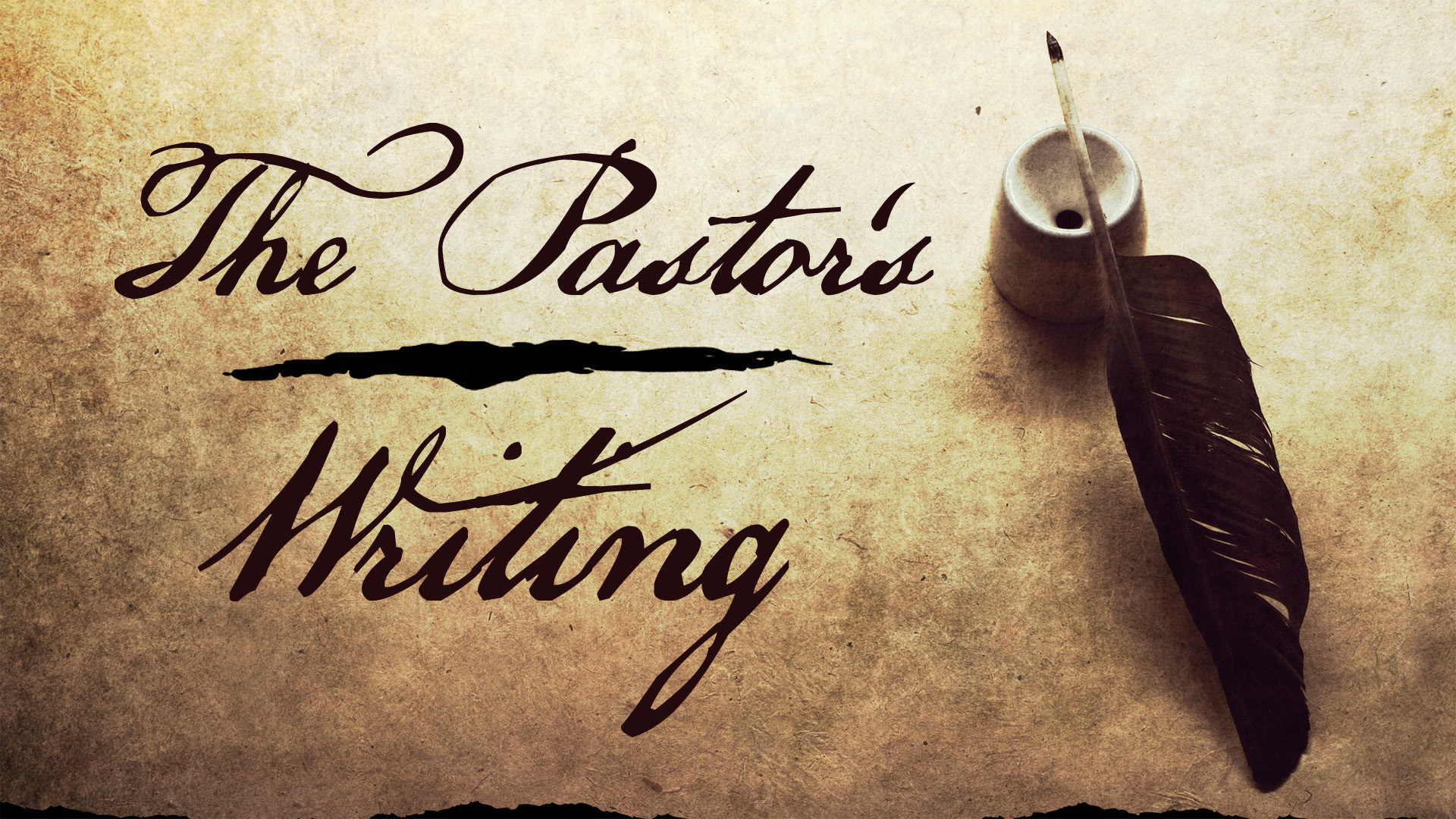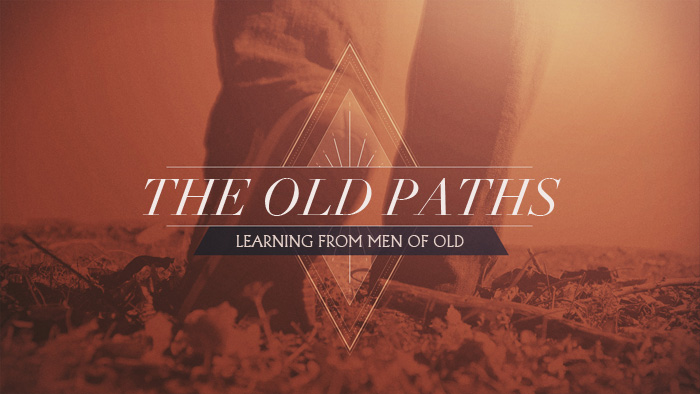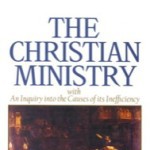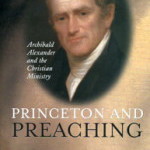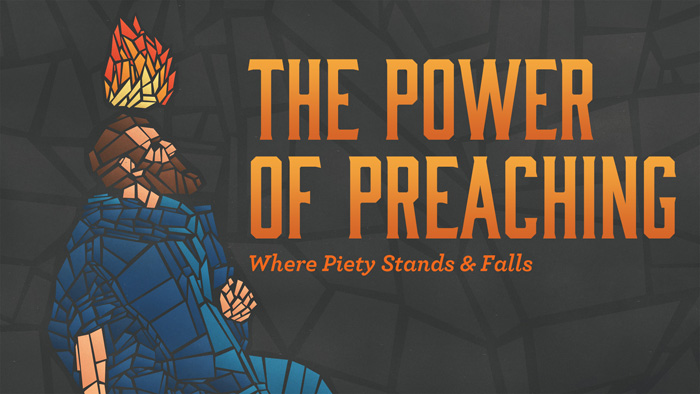
“It is, perhaps, an overbold beginning, but I will venture to say that with its preaching Christianity stands or falls.” So began P.T. Forsyth when he delivered the Lyman Beecher lectures at Yale University in 1907. Trepidation may have constrained the Scottish theologian as he stood in the throes of New England modernity, but we can confidently acquit him from the charge of being “overbold.” He simply read his Bible well.
Preaching Has Power
God’s word tells us the Christian life is, this side of heaven, is lived “by faith, not by sight.” In other places we are told, “Faith comes by hearing,” and “anything that does not proceed from faith is sin.” Because faith is central, we can boldly declare preaching to be central. For preaching is the ordinary means by which God awakens cold, crusty, and callous hearts to breathe in the grace of faith. Preaching is the chariot that carries Christ to sinners’ bosoms and breasts. It is the spiritual sword God uses to assault hell’s gates and ruin Satan’s strongholds. The Sun of Righteousness dawns upon the earth in His heralded word to harden clay hearts and melt icy souls. Preaching convicts, illuminates, rebukes, encourages, and enlivens the soul.
Power for Piety
It is then, perhaps, my overbold beginning to say that with its preaching Christian spirituality stands or falls. There is a direct correlation between the substance of preaching and the promotion of spirituality. Our Lord Jesus proved this to be true when He asked the Father to sanctify His people in truth. Hearing God’s truth sanctifies God’s people. Preaching promotes piety. Do you want to know what a church believes theologically? Listen to her preachers. Do you want to know what a congregation confesses about spirituality? Sit in on the sermon.
Not only do Scripture and experience bear witness to the correlation between preaching and piety, church history does as well. Memorial plaques of mighty preachers line the hallowed halls of our faith. These were preachers who compelled particular visions of spirituality. In this hall we hear of Chrysostom’s zeal, Augustine’s understanding, Patrick’s earnestness, Bernard’s compassion, Calvin’s reformation, Edwards’ learnedness, Whitefield’s affection, M’Cheyne’s love, and Spurgeon’s power.
What Kind?
If my thesis is true—that there is clear link between a church’s preaching and piety—we pastors have here a reason for stop and stare at our spirituality. Not just our individual spirituality, but our corporate life as well. We should often ask (however painful it always is), “What marks our church’s life together? Where are we strong? Where are we struggling?” Honest examination is good for the soul. Honest evaluation is always needed. The point of this brief post is that how you answer those questions reveals much about your church’s pulpit ministry.
What kind of piety does your preaching promote?


